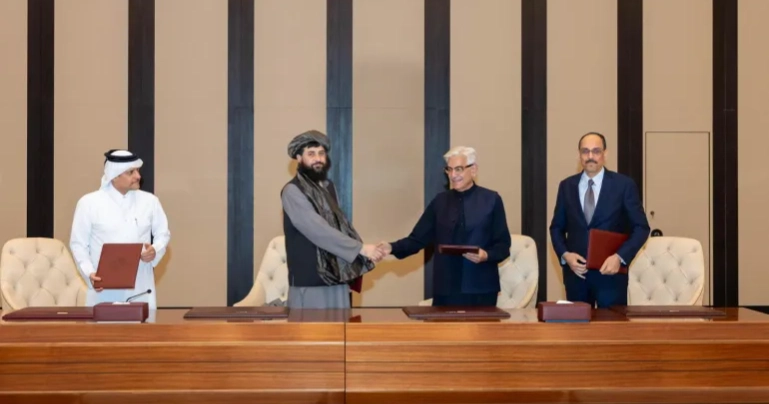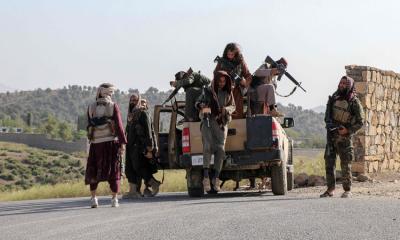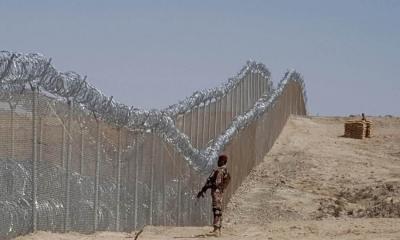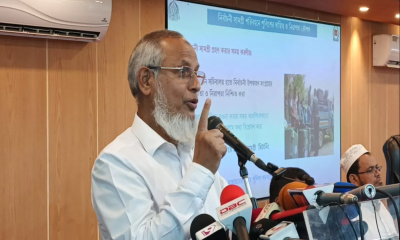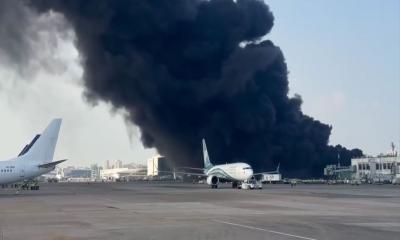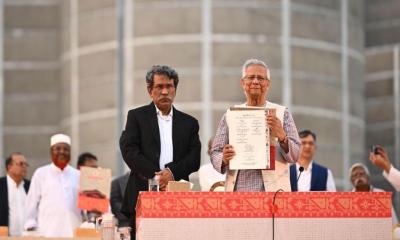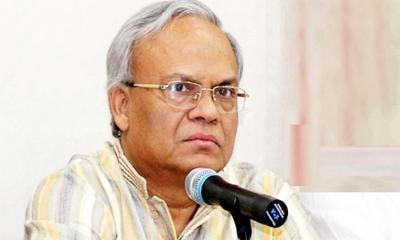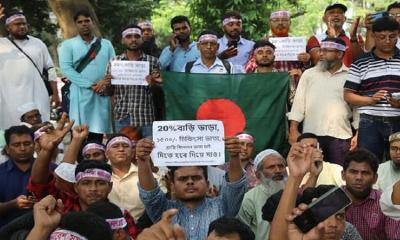Afghanistan and Pakistan, which have been engaged in over a week of fierce border clashes that left dozens dead and hundreds wounded, have agreed to an immediate ceasefire, Qatar’s Foreign Ministry announced on Sunday. It marks the worst confrontation between the two neighbours in years.
According to a Qatari statement, both sides also agreed to form mechanisms to promote lasting peace and stability and will hold follow-up talks in the coming days to ensure the truce endures. The negotiations were mediated by Qatar and Turkey.
Tensions flared earlier this month, with each country accusing the other of cross-border aggression. Afghanistan has rejected Pakistan’s claim that it shelters militants who stage attacks along the frontier.
Pakistan has been facing a growing wave of militancy since 2021, when the Taliban regained control of Afghanistan. The recent fighting raised fears of further instability in a region where extremist groups such as the Islamic State and al-Qaida have been attempting to reemerge.
A temporary 48-hour ceasefire expired Friday evening, and hours later Pakistan launched strikes across the border.
Pakistani security officials told the Associated Press that the military targeted militant hideouts in two districts of Afghanistan’s eastern Paktika province, identifying them as bases of the Hafiz Gul Bahadur group. The strikes were described as retaliation for a suicide bombing at a security compound in Mir Ali, Khyber Pakhtunkhwa, the day before.
Officials said the air raids killed dozens of militants without civilian casualties. However, Afghan authorities reported at least 10 civilian deaths, including women, children, and several young cricketers who had been playing nearby.
In response, Afghanistan’s cricket board announced a boycott of its upcoming series in Pakistan. The International Cricket Council said it was “saddened and appalled by the tragic deaths of three young and promising Afghan players.”
Thousands of people attended funeral prayers for the victims in Paktika on Saturday, where clerics denounced the attacks over loudspeakers.
Taliban spokesman Zabihullah Mujahid condemned what he called Pakistan’s “repeated crimes and violations of Afghanistan’s sovereignty,” describing them as deliberate provocations aimed at prolonging hostilities.
The two nations share a 2,611-kilometer (1,622-mile) frontier known as the Durand Line, which Afghanistan has never officially recognized.
Pakistan, meanwhile, has accused India of supporting armed groups inside its territory — a charge New Delhi denies.
Addressing cadets at the Pakistan Military Academy in Kakul, Army Chief Gen. Asim Munir urged Afghanistan to choose “mutual security over perpetual violence and progress over hardline obscurantism,” while calling on the Taliban to rein in militants operating from Afghan soil.
High-level delegations from both countries took part in the Doha negotiations that led to Sunday’s ceasefire announcement.


